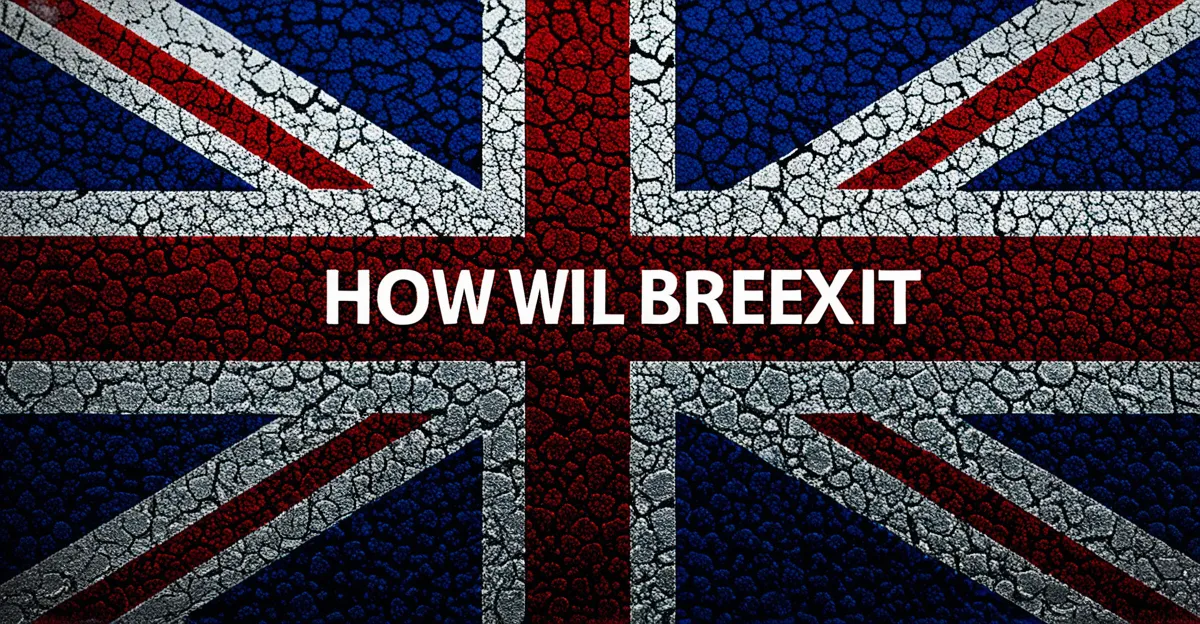Immediate changes in the UK business environment after Brexit
Following Brexit, the UK economy post-Brexit faced significant upheaval stemming from crucial regulatory changes. One of the most impactful shifts was the divergence from EU regulations, compelling businesses to rapidly adjust to a new regulatory landscape distinct from the EU’s. This divergence affected areas such as product standards, customs procedures, and data protection requirements, leading to increased compliance costs.
Initial economic reactions included market volatility and cautious investor sentiment, as companies grappled with uncertainty over future trade terms. Many UK businesses experienced immediate disruptions, especially within sectors reliant on seamless EU supply chains. For example, the imposition of customs declarations and border checks slowed goods movement, affecting cash flow and delivery schedules.
Additional reading : The Impacts of Brexit on the UK’s Business Sector: What Should Companies Prepare For?
Early challenges were pronounced: firms had to overhaul import-export documentation practices, adapt to different tax structures, and ensure alignment with emerging legal frameworks. Smaller businesses were particularly vulnerable due to limited resources for compliance adjustments. Nevertheless, these challenges pushed companies to innovate and streamline operations, often accelerating digital transformation to manage these complexities efficiently.
Understanding these factors is essential for navigating the ongoing Brexit impact on business and anticipating further shifts in the UK economic landscape.
Also to see : What are the challenges facing UK businesses in the digital age?
New trade relationships and tariffs
Exploring the UK-EU trade landscape post-Brexit reveals substantial modifications to cross-border processes. The UK no longer benefits from seamless trade under EU membership, mandating comprehensive customs checks and declarations for goods entering or leaving the bloc. This has introduced a layer of administrative complexity and delays for businesses.
Brexit tariffs have become a critical factor. While the UK and EU agreed on tariff-free trade for many goods, this only applies if rules of origin are strictly met. Failure to comply results in tariffs being imposed, increasing costs for importers and exporters. These new tariffs and border checks have significantly affected industries reliant on rapid, just-in-time deliveries, such as manufacturing and retail.
International trade agreements outside the EU also play a pivotal role in reshaping trade flows. The UK has pursued several new agreements to diversify its trading partners, aiming to offset challenges created by altered UK-EU interactions.
Logistically, the introduction of tariffs and customs procedures has pressured supply chains, requiring businesses to enhance documentation and forecasting accuracy. This regulatory shift has compelled companies to develop more resilient, flexible logistics strategies to mitigate delays and additional costs arising from Brexit’s trade transformations.
Evolving regulatory and legal frameworks
Brexit triggered significant divergence between UK business regulations and those of the EU, creating a complex legal environment for companies trading on both sides. Since leaving the EU, the UK has introduced new standards and compliance rules that differ from EU frameworks, affecting areas such as product safety, data protection, and environmental requirements.
The primary challenge lies in navigating legal changes after Brexit while maintaining operations across both jurisdictions. Businesses must understand differing certification processes and documentation demands—failure to comply can lead to delays, fines, or restricted market access. For example, a UK company exporting goods to the EU now faces separate regulatory approvals, unlike the single-market system pre-Brexit.
Compliance is particularly daunting for SMEs, which often lack dedicated legal teams to manage evolving rules. Larger companies invest heavily in monitoring changes and adapting internal policies swiftly. This adaptive approach includes revising contracts, enhancing employee training, and employing specialized compliance software.
Ultimately, responding effectively to these regulatory changes offers businesses a competitive edge, enabling resilience amid continuing uncertainty. Firms that proactively align with both UK and EU legal frameworks reduce risks and unlock new market opportunities in a transformed post-Brexit environment.









